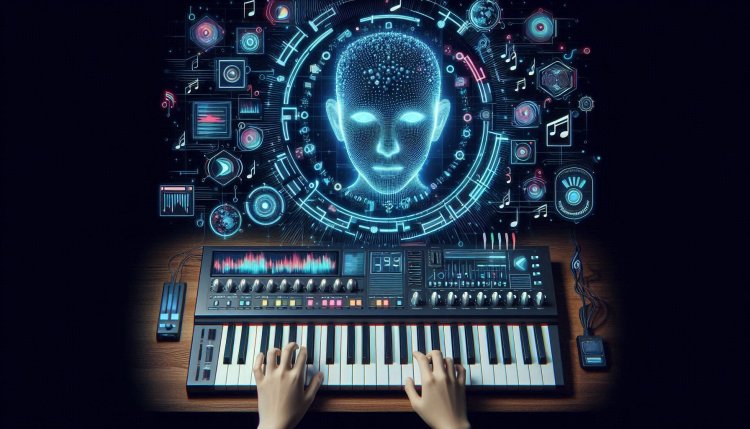AI in customer service: Chatbots and virtual assistants
Discover how AI is revolutionizing customer service with chatbots and virtual assistants. Enhance customer experience and streamline support processes.

AI in Customer Service: Chatbots and Virtual Assistants
Artificial Intelligence (AI) has revolutionized the way businesses interact with their customers. One of the most prominent applications of AI in customer service is the use of chatbots and virtual assistants. These AI-powered tools have significantly improved customer experience by providing instant support and personalized assistance.
Chatbots
Chatbots are AI programs designed to simulate conversation with human users, typically through text or voice. They can answer customer queries, provide information, and even assist in completing transactions. Chatbots are available 24/7, making them a valuable resource for businesses looking to provide round-the-clock customer support.
There are two main types of chatbots: rule-based chatbots and AI-powered chatbots. Rule-based chatbots follow pre-defined rules and can provide responses based on keyword matching. On the other hand, AI-powered chatbots use machine learning algorithms to understand and respond to natural language input, enabling more complex interactions with users.
Virtual Assistants
Virtual assistants are AI-powered programs that can perform a wide range of tasks, from answering questions to scheduling appointments. They leverage natural language processing and machine learning to understand user intentions and provide relevant information or perform actions. Virtual assistants like Siri, Alexa, and Google Assistant have become increasingly popular in both consumer and business settings.
Businesses can use virtual assistants to enhance customer service by offering personalized recommendations, providing product information, and assisting in making purchases. Virtual assistants can also streamline internal processes by automating repetitive tasks and facilitating communication within the organization.
Benefits of AI in Customer Service
AI-powered chatbots and virtual assistants offer several benefits to businesses in the realm of customer service:
- 24/7 Availability: Chatbots and virtual assistants are available round-the-clock, ensuring that customers can receive support at any time.
- Instant Responses: AI-powered tools can provide instant responses to customer queries, reducing wait times and improving customer satisfaction.
- Personalized Assistance: Chatbots and virtual assistants can offer personalized recommendations and tailored solutions based on user preferences and behavior.
- Cost Efficiency: By automating customer service tasks, businesses can reduce operational costs and allocate resources more effectively.
- Data Insights: AI-powered tools can collect and analyze customer data to gain insights into customer behavior and preferences, enabling businesses to make data-driven decisions.
Challenges of AI in Customer Service
While AI has transformed customer service in many ways, there are also challenges associated with its implementation:
- Lack of Human Touch: Some customers may prefer human interaction over interacting with AI-powered tools, leading to potential dissatisfaction.
- Technical Limitations: AI systems may encounter errors or struggle to understand complex queries, leading to suboptimal customer experiences.
- Privacy Concerns: Collecting and storing customer data raises privacy concerns, requiring businesses to adhere to strict data protection regulations.
- Integration Complexity: Integrating AI-powered tools with existing systems and processes can be challenging and require significant resources.
Future Trends
As AI technology continues to evolve, several trends are shaping the future of customer service:
- Conversational AI: AI-powered tools are becoming more conversational, enabling more natural and engaging interactions with users.
- Omni-channel Support: Businesses are adopting AI-powered tools across multiple channels, including websites, social media, and messaging apps, to provide seamless customer support.
- Emotion AI: AI systems are being developed to recognize and respond to human emotions, enhancing the quality of customer interactions.
- AI-Powered Analytics: AI is being used to analyze customer data and predict future trends, enabling businesses to proactively address customer needs.
What's Your Reaction?

















